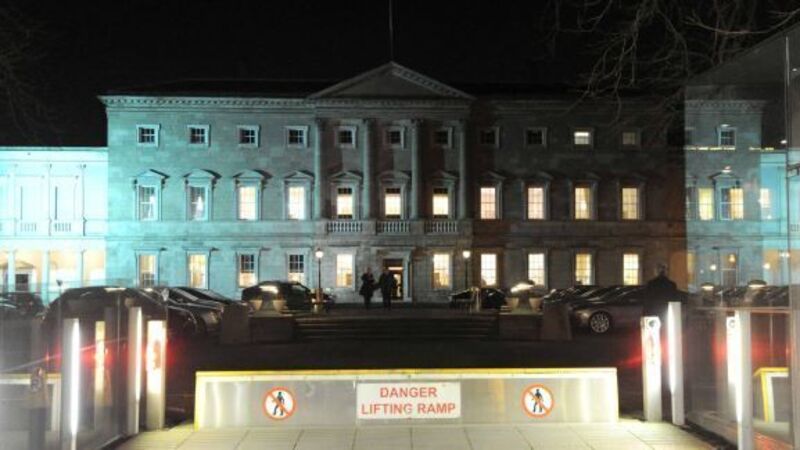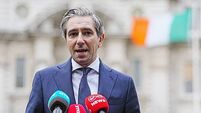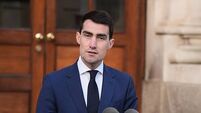Bond markets indifferent to formation of Dáil majority

It is safe bet to say that the eyes of the financial world will be elsewhere when the Dáil next meets, on March 10.
During the election campaign, the spectre was raised that Ireland would face higher borrowing costs, just like Portugal and Spain when their recent elections produced inconclusive outcomes.
















